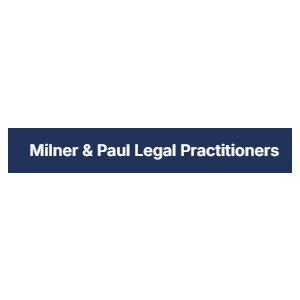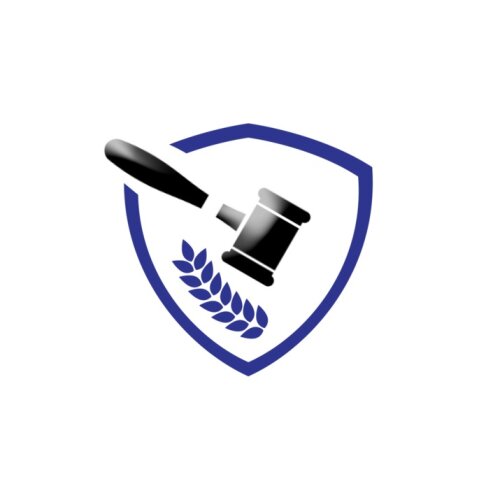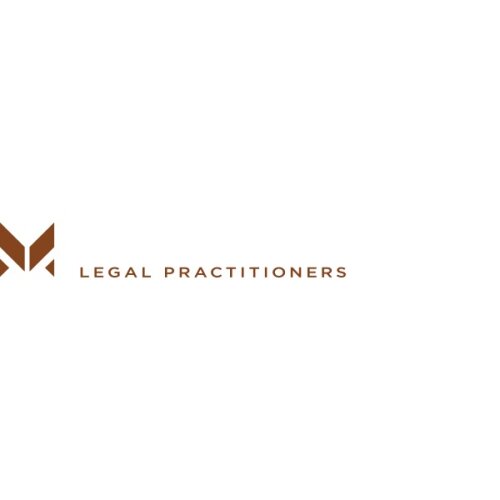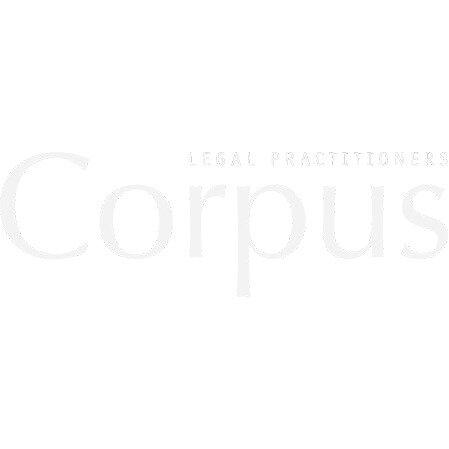Best Mining Law Lawyers in Zambia
Share your needs with us, get contacted by law firms.
Free. Takes 2 min.
Or refine your search by selecting a city:
List of the best lawyers in Zambia
About Mining Law in Zambia
Mining Law in Zambia refers to the set of legal rules and policies governing the exploration, extraction, and processing of mineral resources in the country. Zambia is known for its rich endowment of minerals, particularly copper, cobalt, and gemstones. The mining sector is a major contributor to the Zambian economy. The legal framework is primarily outlined in the Mines and Minerals Development Act, which regulates matters such as licensing, environmental management, safety, and community engagement. Mining Law sets out the rights and duties of individuals and companies involved in the mining industry and ensures the sector operates in a sustainable, legal, and profitable way.
Why You May Need a Lawyer
Legal assistance can be crucial for individuals or companies involved in mining activities in Zambia. Here are some common scenarios where expert legal help may be needed:
- Applying for mining or exploration licenses and permits
- Negotiating mining rights or venture agreements
- Addressing disputes with other mining stakeholders or communities
- Complying with environmental and safety regulations
- Handling employment and land use issues related to mining operations
- Dealing with tax, royalties, or other government charges
- Transferring or selling mining rights
- Litigation, arbitration, or mediation over mining disputes
- Ensuring compliance with local community development requirements
- Interpreting new amendments or policy changes in Mining Law
Having a lawyer can help you navigate complex regulations, avoid costly mistakes, and ensure your rights and interests are protected throughout the process.
Local Laws Overview
Mining operations in Zambia are mainly governed by the Mines and Minerals Development Act. Here are some key aspects of local laws relevant to Mining Law:
- Licensing: All mining and exploration activities require a government-granted license. There are different types such as prospecting, small-scale, large-scale, and mining processing licenses.
- Ownership: The government owns all mineral resources beneath the earth's surface. License holders are granted rights to explore, mine, or process these resources under set conditions.
- Land Use and Compensation: Mining activities may require negotiations for access to land. Compensation for landowners and affected communities is typically required.
- Environmental Protection: Environmental Impact Assessments (EIAs) and management plans are mandatory. Non-compliance can result in penalties or license revocation.
- Taxation and Royalties: License holders must pay royalties and various taxes to the government. Rates depend on the type and value of minerals extracted.
- Local Content and Community Development: Companies are required to support local employment, procurement, and community projects as part of their obligations.
- Health and Safety: Strict regulations exist to ensure worker safety and public health around mining sites.
- Dispute Resolution: Disputes may be settled through the courts, arbitration, or administrative bodies created under mining laws.
Staying informed and compliant with local Mining Laws is crucial to the success and legality of any mining venture in Zambia.
Frequently Asked Questions
What types of mining licenses are available in Zambia?
Zambia offers several types of licenses, including prospecting licenses, exploration licenses, large-scale and small-scale mining licenses, as well as mineral processing licenses. Each type has its own application requirements and validity periods.
How can I apply for a mining license?
Applications are submitted to the Mining Cadastre Department with required documentation, such as proof of financial and technical capacity, environmental assessments, and the proposed work program. There are also fees payable for application and processing.
What are the main responsibilities of mine license holders?
License holders must follow all regulatory requirements, including environmental management, payment of royalties, submission of progress reports, compliance with labor laws, and support for affected communities.
Can foreigners own mining rights in Zambia?
Foreign individuals and companies can hold mining rights in Zambia. However, certain restrictions or requirements may apply, especially regarding land ownership, local content participation, and community engagement.
What environmental approvals are needed for mining?
An Environmental Impact Assessment (EIA) must be approved by the Zambia Environmental Management Agency before most mining operations can commence. Ongoing monitoring and compliance with environmental regulations is also required.
Are there taxes or royalties on mined minerals?
Yes, mining entities must pay royalties based on the value of minerals extracted, as well as corporate taxes and other charges as set by Zambian law. The rates can vary depending on the mineral and the scale of operation.
What happens if I do not comply with mining laws?
Non-compliance can result in fines, suspension or cancellation of licenses, and possible legal action. Environmental violations may also result in cleanup orders or criminal charges.
How are mining disputes resolved?
Disputes may be addressed through the courts, statutory tribunals, or by arbitration and mediation procedures specified by law or contractual agreement.
What rights do local communities have?
Affected communities are entitled to be consulted about proposed mining operations. They may receive compensation for land use, and mining companies often have obligations to undertake community development projects.
Is it possible to transfer a mining license?
Licenses can usually be transferred, but this requires government approval. The new license holder must meet all legal and financial requirements before the transfer is completed.
Additional Resources
For more information or assistance with Mining Law in Zambia, you may contact or consult the following:
- Ministry of Mines and Minerals Development: Main government body overseeing mining sector regulation and licensing.
- Mining Cadastre Department: Manages application and registration processes for mining rights.
- Zambia Environmental Management Agency (ZEMA): Handles environmental approvals and monitoring of mining activities.
- Zambia Chamber of Mines: Industry association representing mining companies and providing sector insights.
- Law Association of Zambia: Professional body for legal practitioners in Zambia, useful for finding qualified Mining Law specialists.
Next Steps
If you need legal advice or assistance with Mining Law in Zambia, consider these steps:
- Identify the specific legal issue or area in which you require help, such as licensing, contracts, compliance, or dispute resolution.
- Gather all relevant documents and information regarding your mining project or legal concern.
- Contact a qualified lawyer or law firm with expertise in Mining Law in Zambia. The Law Association of Zambia can help you find registered practitioners.
- Consider reaching out to the relevant government departments or agencies for forms, guidelines, and clarifications.
- Attend all required consultations and follow legal advice to ensure compliance with local regulations.
- Keep up to date with new developments, changes in the law, or government policy in the mining sector.
Consulting a legal specialist early can help you avoid costly mistakes and ensure your mining venture is legally sound and sustainable.
Lawzana helps you find the best lawyers and law firms in Zambia through a curated and pre-screened list of qualified legal professionals. Our platform offers rankings and detailed profiles of attorneys and law firms, allowing you to compare based on practice areas, including Mining Law, experience, and client feedback.
Each profile includes a description of the firm's areas of practice, client reviews, team members and partners, year of establishment, spoken languages, office locations, contact information, social media presence, and any published articles or resources. Most firms on our platform speak English and are experienced in both local and international legal matters.
Get a quote from top-rated law firms in Zambia — quickly, securely, and without unnecessary hassle.
Disclaimer:
The information provided on this page is for general informational purposes only and does not constitute legal advice. While we strive to ensure the accuracy and relevance of the content, legal information may change over time, and interpretations of the law can vary. You should always consult with a qualified legal professional for advice specific to your situation.
We disclaim all liability for actions taken or not taken based on the content of this page. If you believe any information is incorrect or outdated, please contact us, and we will review and update it where appropriate.
Browse mining law law firms by city in Zambia
Refine your search by selecting a city.
















